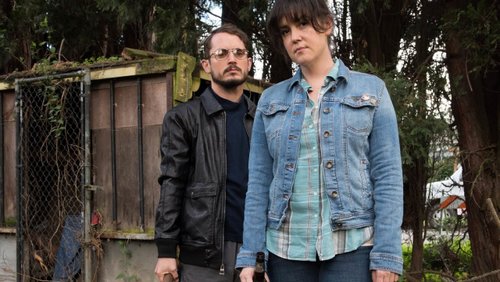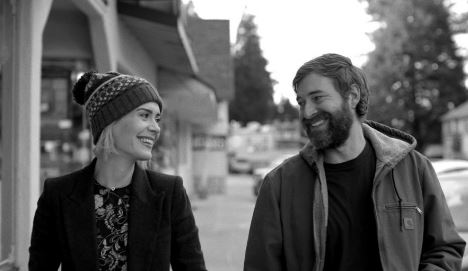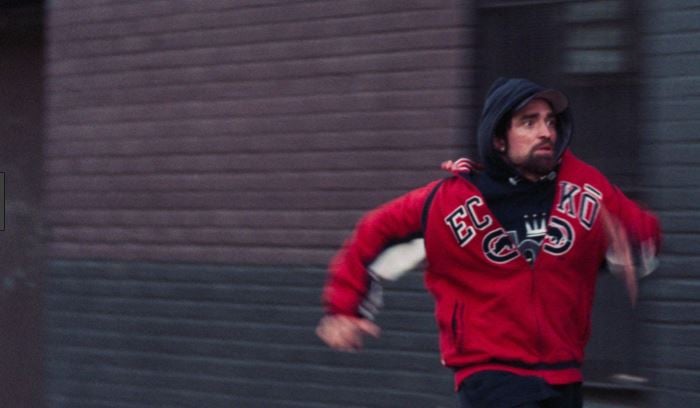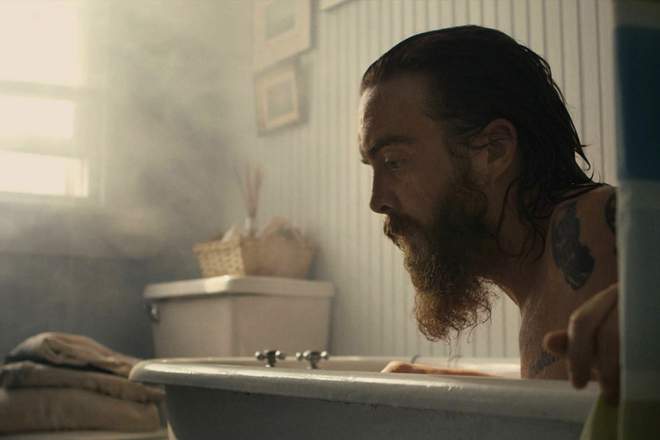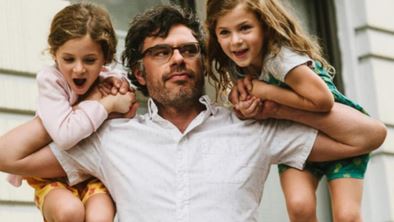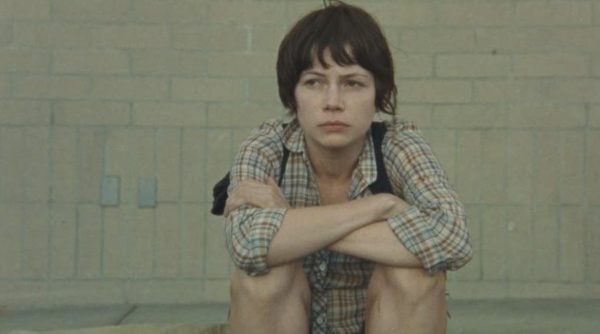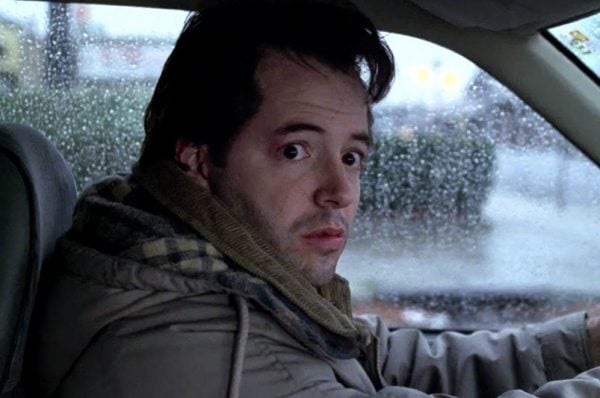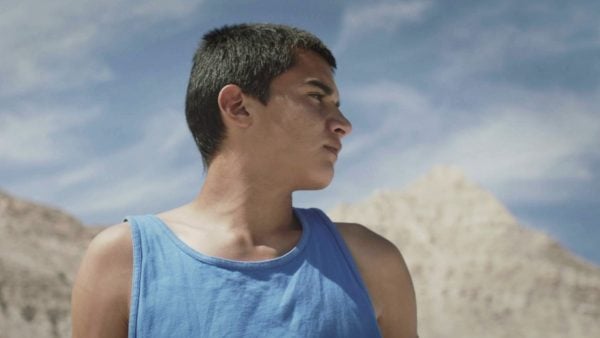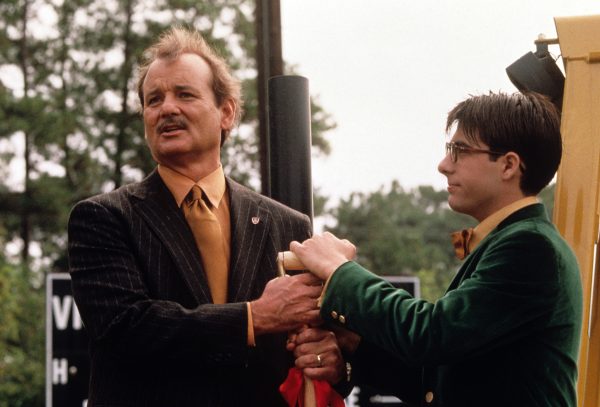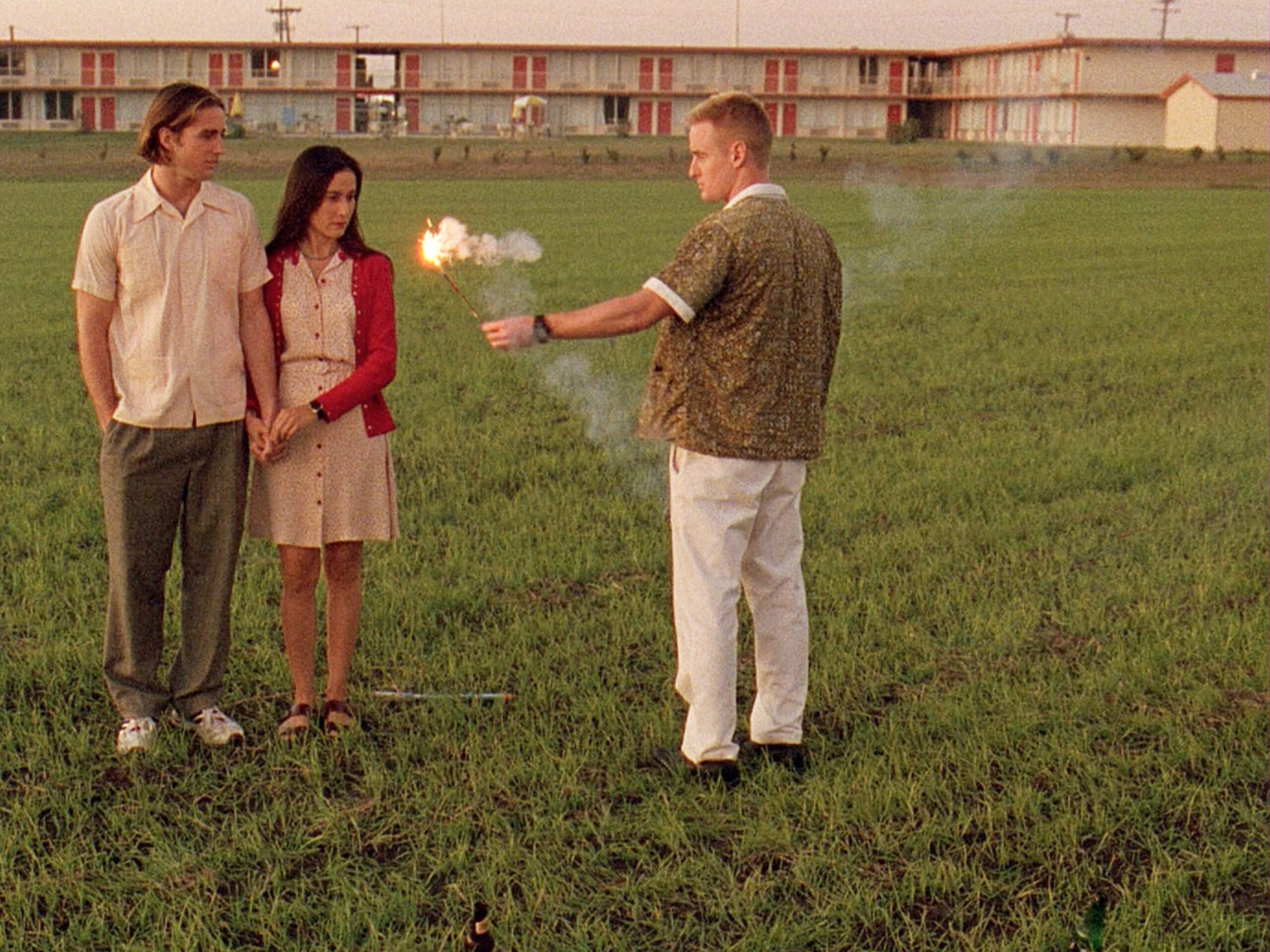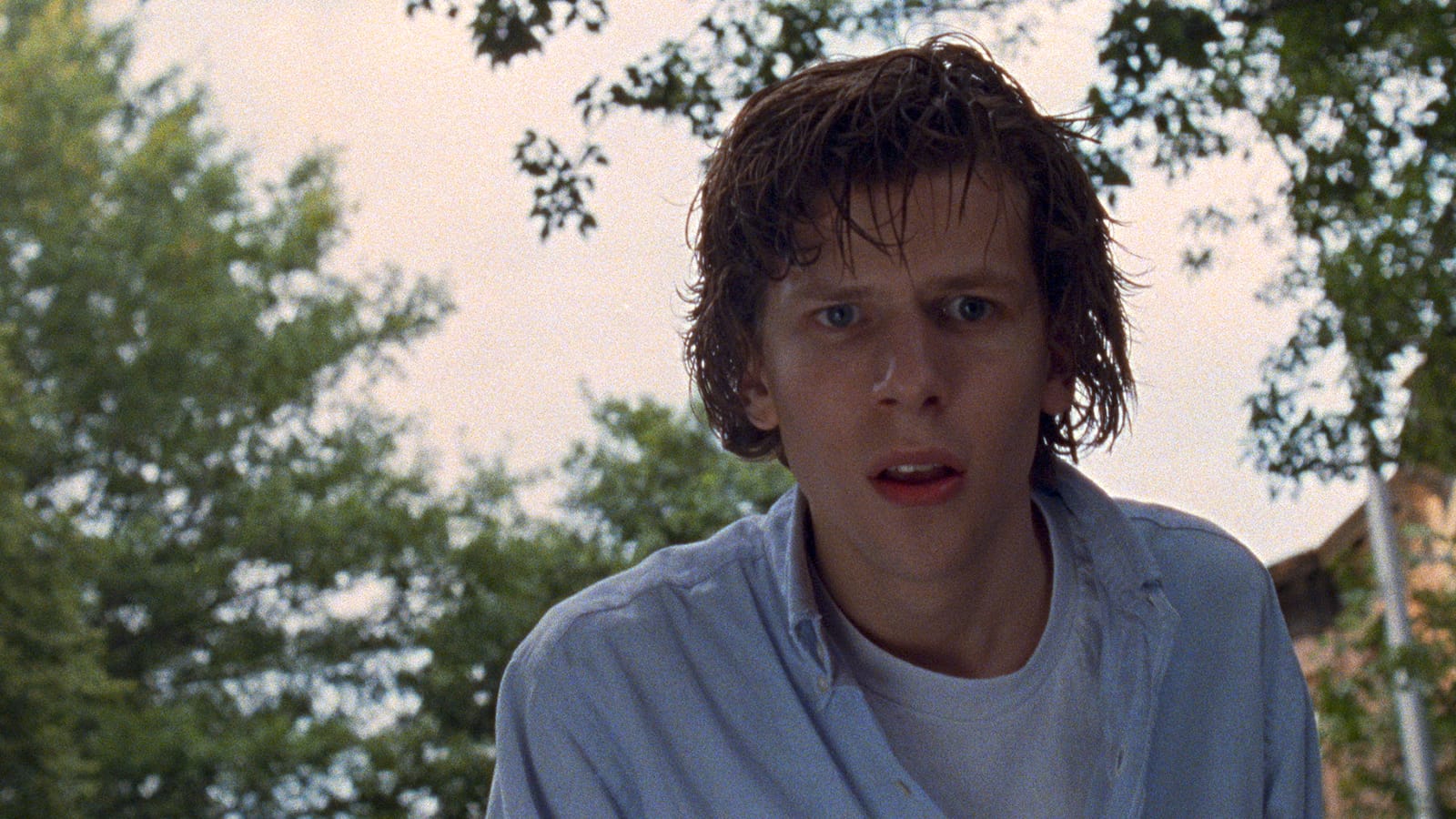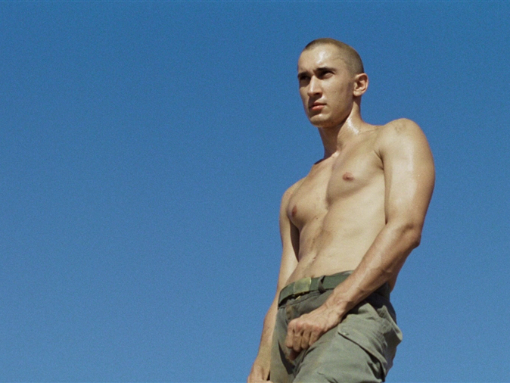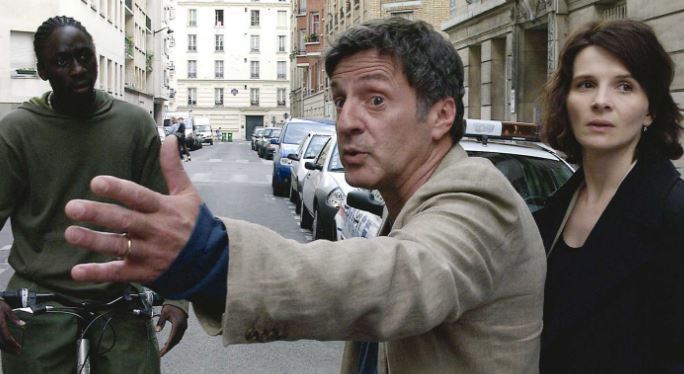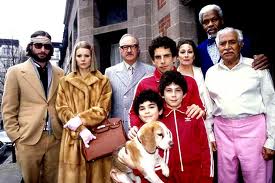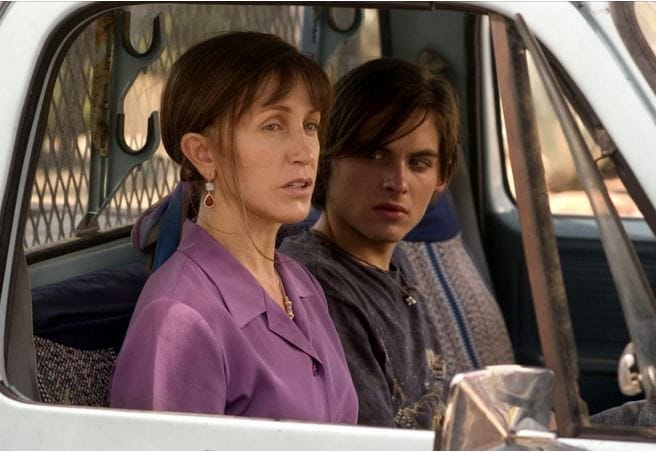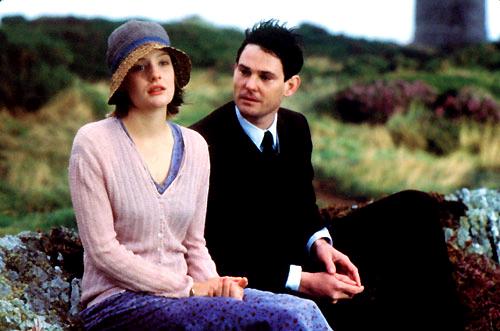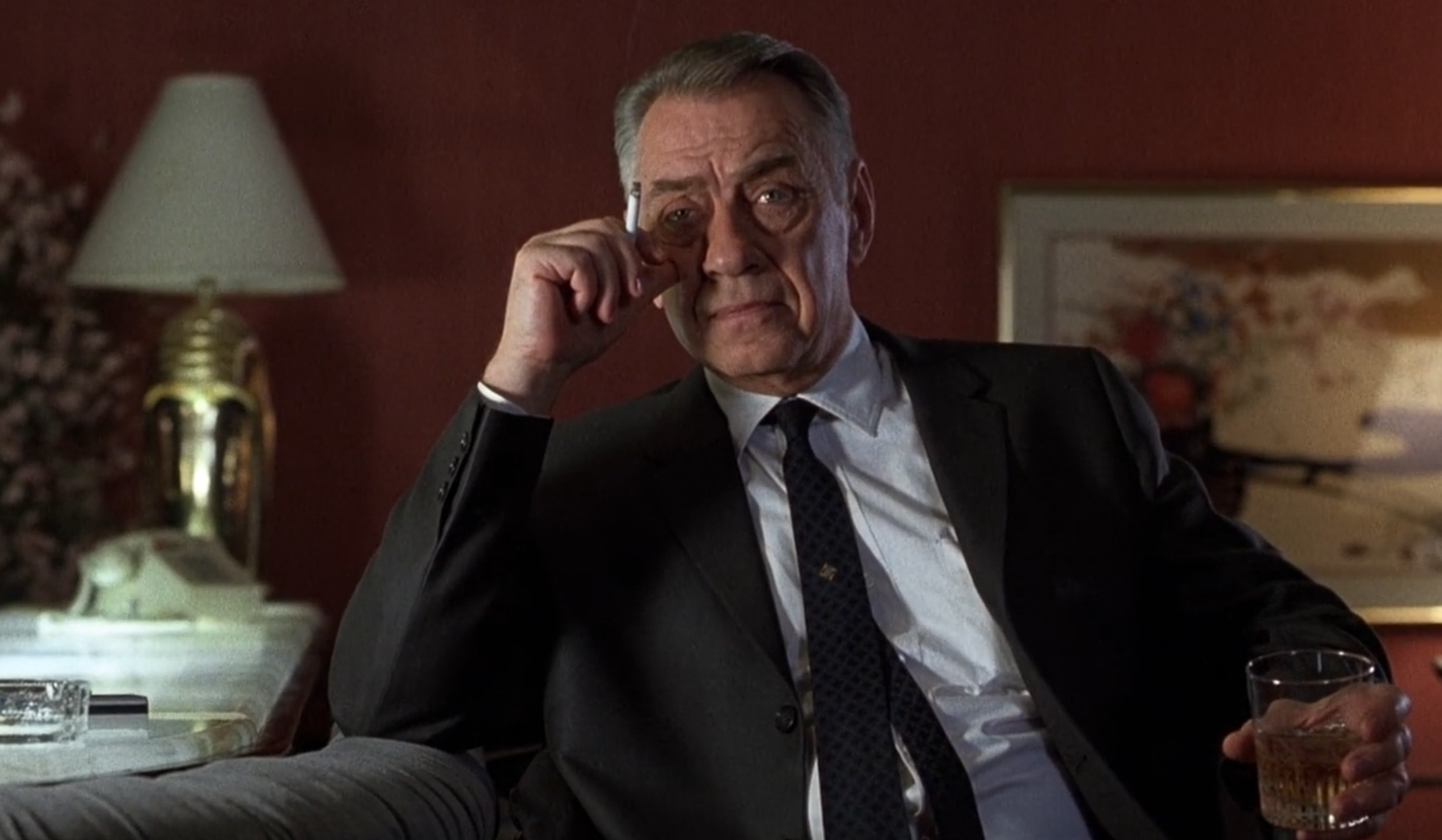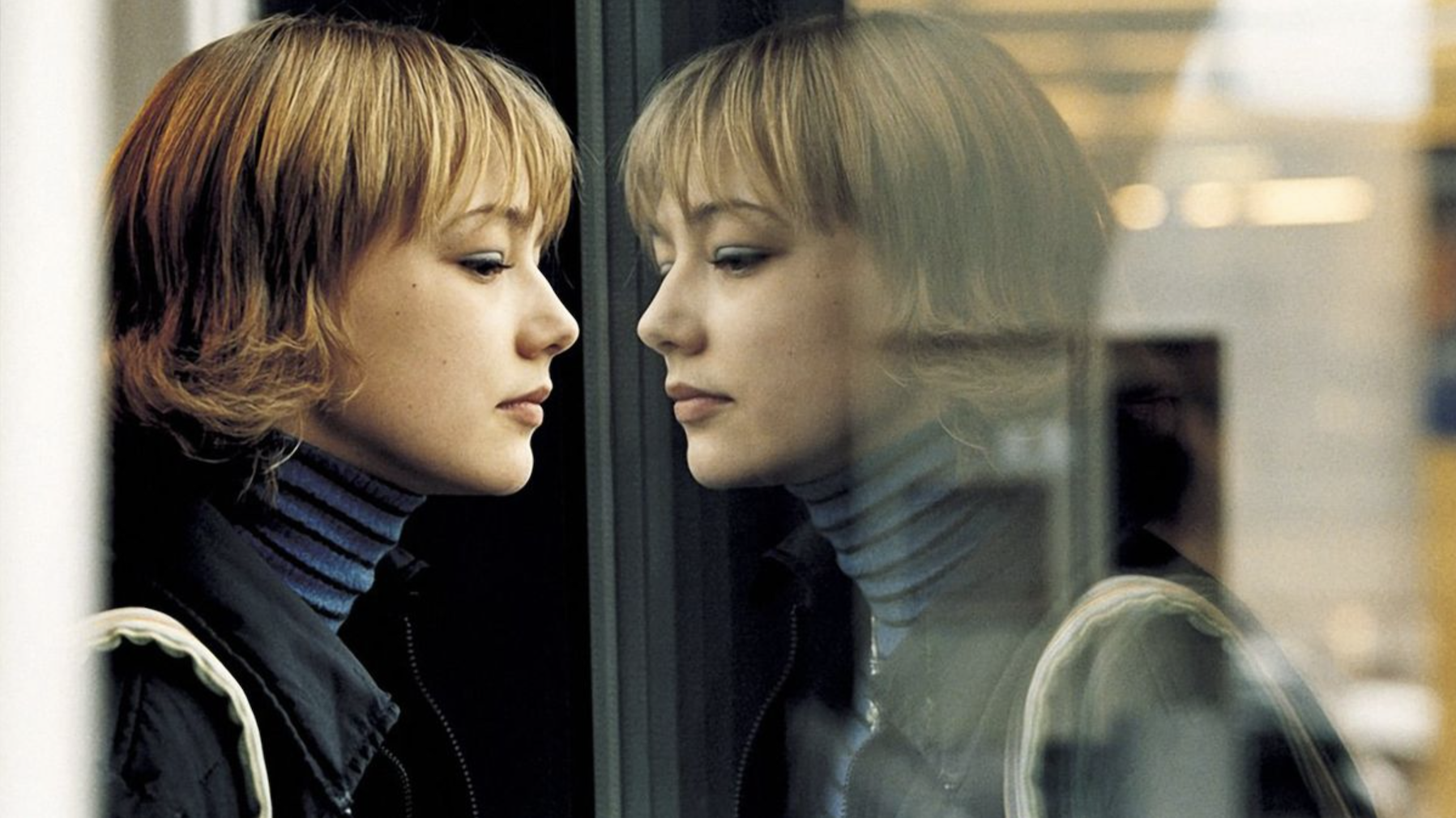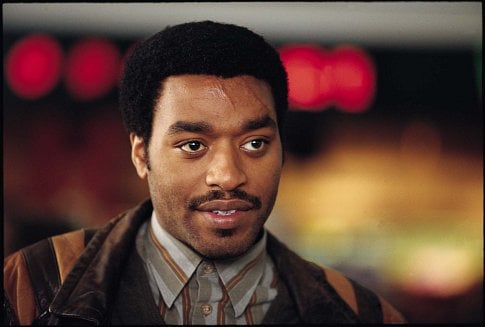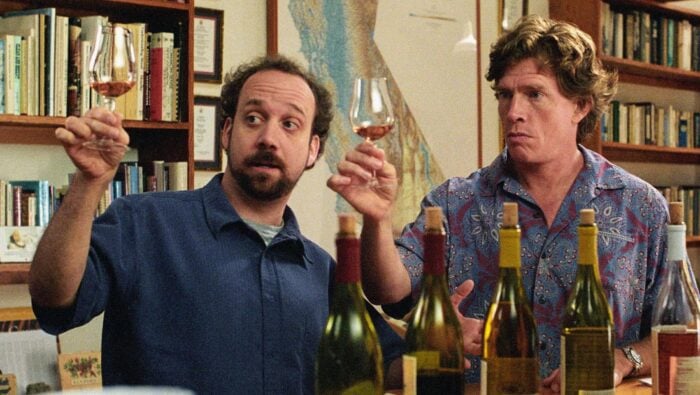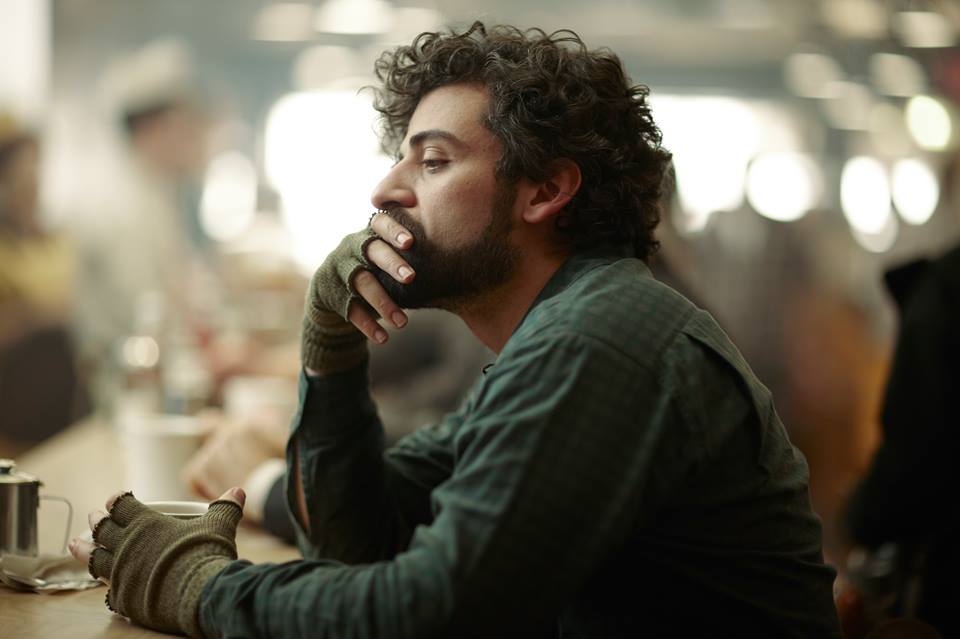Movies Like Punch-Drunk Love (2002)
The gorgeous grain of Falcon Lake’s lush 16mm cinematography instantly gives it an air of nostalgia, as if the movie is an intimate reflection on a precious formative summer. That effect is confirmed over the film’s runtime: it takes place from the perspective of Bastien (Joseph Engel), a 13-year-old French boy whose family is being […]
For a short while in the ‘80s, the pop scene benefited from the sheer musical joy created by George Michael and Andrew Ridgeley, known together as Wham! With confectionary hits like “Wake Me Up Before You Go-Go” and “Last Christmas,” the British duo sang about the escapism that a generation desperately sought out. Their songs […]
There are some connections that transcend definition, becoming more important and fundamental to one’s life than that of a romantic relationship. Not many people are lucky to have experienced it, but nevertheless it’s true. Soulmate is the Korean adaptation of the 2016 Chinese directorial debut, and while it’s faithful to the source material, there’s a […]
In Baby J, SNL-writer-turned-stand-up-star John Mulaney brutally embraces his messy past and turns it into relatable material and hilarious anecdotes. Confronting his controversial stint at rehab, his struggle with addiction, and his experiences with fatherhood and the resulting reinvention, Mulaney proves himself to be a compelling storyteller, a master at set-ups and pay-offs. He grabs […]
It may not teach us anything that we don’t already know by now, but the documentary Totally Under Control—filmed in secret, in defiance of the Trump administration—still stands as a valuable historical document so that the same mistakes can be avoided in the future. Boiled down to simple terms by doctors and other experts, the […]
Don’t worry. Adam Sandler doesn’t suck here. This is a beautiful family comedy directed by Noah Baumbach (Frances Ha, The Squid and the Whale). Sandler plays a recently divorced man (as he tends to do) called Danny (as he’s usually called). Danny moves in with his father, played by Dustin Hoffman, who himself is dealing […]
A flawless Daniel Day‑Lewis stars in this thought-provoking romance. He plays a successful dressmaker in post-second-World-War London who falls for a waitress while on an excursion to the countryside. It’s hard to tell you what this movie is about without ruining the story for you but I can tell you how it made me feel: […]
Told through a series of flashbacks and personal archival footage, Beginners gives us the story of Oliver (Ewan McGregor), a 38-year-old graphic designer from Los Angeles, and his two parents across three timeframes. Oliver has never had a meaningful relationship. Six months after his mother dies, his father, Hal, played by the amazing, Academy Award-winning, […]
This is the first film directed by actor Macon Blair (so good in both Blue Ruin and Green Room), and while it is shaggy and tonally all over the place, there is a lot to recommend here. First off, I’m a huge fan of the (underrated) Melanie Lynskey, so I was primed to like this […]
Being an intimate, black-and-white portrayal of just two people, it is worth mentioning the two leads in the very first sentence: Blue Jay stars the incredibly versatile Sarah Paulson, who most of you will know from her depiction of Marcia Clark in The People vs. O.J., and Mark Duplass from Creep. In this incredibly intricate […]
A fast-paced thriller, and “actually dangerous” movie as envisioned by its directors, Good Time is about a bank robbery gone wrong and one brother trying to get his other brother out of jail in its aftermath. It’s a deep and fast dive into New York’s criminal underworld that will not give you the time to […]
Nisha, the daughter of conservative Pakistani immigrants in Oslo, finds ways to secretly go out with her Norwegian friends. She goes to parties, plays basketball, and dates. One day, Nisha’s father catches her with a boy, bringing what he perceives as a great shame to the family. Nisha’s delicate balance is broken, and her family […]
Blue Ruin is a superbly acted, visually striking drama about a man’s poignant and brutally violent journey for revenge when the culprit responsible for the murder of his father is released from prison. While it might seem like any other revenge tale, it is so well-told and smart that any other similarities with its crowded […]
Whilst a classic in some circles, Festen is many things, but it’s definitely not mainstream entertainment. It was shot by Danish director, Thomas Vinterberg, who founded the Dogme 95 movement together with Lars von Trier in 1995, which sought to put the auteur director back at the heart of filmmaking, as opposed to the power […]
«When comedians get a bit older they do a movie with “emotions” in it. Here’s mine.» Flight of the Conchords’ Jemaine Clement on Twitter. People Places Things is exactly that, a funny yet heartfelt comedy. Will Henry, A New York City graphic novelist walks in on his girlfriend cheating on him at their kids’ birthday […]
Wendy (Michelle Williams) is a drifter driving up to Alaska in hopes of finding work. When her car breaks down, she and her dog Lucy are stranded and forced to scrounge for food and repairs, hitting one roadblock after another on her path to an uncertain dream. This sympathetic and solemn look at poverty from […]
Starring Matthew Broderick and a young Reese Witherspoon as, respectively, Jim McAllister, a high school teacher and Tracy Flick, a notorious ‘that girl’ in his class. When Tracy decides to run for class president, we see the floodgates open as all sorts of bizarre and insane behavior pours out of the two. Quickly, it becomes […]
A film written by screenwriter Charlie Kaufman, about screenwriter Charlie Kaufman as he struggles to adapt a book about poaching a rare plant into a successful movie. Through Kaufman’s clever writing and Spike Jones’ unique style of directing, the film unfolds using “mise en abîme” as the viewer sees the lessons the writer in film […]
This slow-burning drama is set in an Indigenous reservation in South Dakota, where Johnny is a teenager who dreams of moving to L.A. with his girlfriend. He would have to leave behind his little sister, who is just grappling with the recent loss of their father. Director Chloé Zhao (The Rider, Nomadland) worked with amateur […]
If it weren’t for his knack for writing, Max Fischer (Jason Schwartzman) would never have gotten into a prep school like Rushmore. But his art secures him a scholarship, and what he lacks in smarts and money, he makes up for in school pride. As he flunks more and more of his academics, however, he […]
Before he developed his signature dollhouse visual style, Wes Anderson made his feature debut with this lowkey, heartwarming, and decidedly not-symmetrically-perfect comedy about a bunch of misfits. Bottle Rocket isn’t as much of an outlier in its director’s storied filmography as might initially seem, however. Written in partnership with college buddy Owen Wilson — who, […]
A unique movie about a near-future society obsessed with couples; viewing couples as the norm, as opposed to single people who are viewed as unproductive and undesirable. In that way, the film shows David (Colin Farrell), a newly single person who is transferred to the Hotel, a place where single people have just 45 days to […]
Director Noah Baumbach’s autobiographical film is a strikingly realistic take on divorce and the turmoil it sets on an already-dysfunctional family. Bernard (Jeff Daniels) is a selfish decadent writer who’s splitting with his unfaithful wife Joan (Laura Linney). Their two sons, Walt (Jesse Eisenberg) and Frank (Owen Kline), are taking different sides that reflect their […]
Eat Drink Man Woman takes place in Taipei, Taiwan in the mid-1990s. It tells the story of an aging father and his three daughters, all of whom are navigating different phases of adulthood while embracing new relationships. The family uses cooking and eating together as a way to communicate their love. Food as a love […]
Often considered Claire Denis’ best film, Beau Travail is an epic exploration of both masculinity and colonialism. Inspired by Melville’s Billy Budd, she transplants the story to Djibouti where the French Foreign Legion run seemingly aimless drills in an arid desert landscape while largely alienated from the local community. Denis inverts the male gaze and […]
Beginning with a great opening shot of townhouse on a side street in Paris, only ti discovers that the shot is actually from a video sent to Anne and Georges Laurent (Juliette Binoche and Daniel Auteuil). The married couple who live in that house have no idea who sent the video. More videos appear and events unfold. […]
In this ensemble cast directed by Wes Anderson, we see a very dysfunctional family with three very unique siblings who grow apart from each other due to their father, a charismatic and ever-absent grifter. However, when he announces his immanent death, the whole family is forced to confront each other, themselves and their childhoods as […]
This is an inexplicably and philosophically dark comedy. Its protagonist, Larry, is a lackluster professor at a dull university. Then his life starts to unravel: his wife decides to leave him for one of his more successful colleagues; his unemployed brother moves in to stay on his couch. So Larry ventures on a quest for […]
Bree (Felicity Huffman) is an uptight transwoman who gets a phone call from her long lost son who is in trouble. She does not tell him she is his father but bails him out of jail and they end up on a long road trip to LA. Bree’s high strung conservative personality intersecting with a […]
Set in the 1930’s English Countryside, the story of the eccentric Mortmain family is told from the daughter Cassandra’s point of view. Her father, a once acclaimed and famous writer has written nothing in years, leading the family into bankruptcy. Themes such as first love and financial troubles are explored from Cassandra’s comic and intelligent […]
Already featuring some of the desperation and melancholy that would go on to characterize most of his work, Paul Thomas Anderson’s Hard Eight manages to draw palpable suspense and drama out of, essentially, three characters and a couple of seedy locations. We learn perhaps too little about these characters and why this veteran gambler is […]
Not for the faint of heart, this Russian-language Swedish film doesn’t actually display anything graphic on screen, but it still makes for a difficult and distressing viewing experience. Many films similar in spirit and subject matter have been released in the decades since Lilya 4-ever’s own take on human trafficking and child sexual exploitation, which […]
Based on the comic book by Daniel Clowes, Ghost World is a dark comedy that follows the exploits of teenage outcasts Enid and Rebecca (Thora Birch and Scarlett Johansson) as they navigate the many complexities of burgeoning adulthood. Central to the story is the unlikely friendship that Enid strikes up with a lonesome older man […]
Chiwetel Ejiofor stars as a disgraced doctor-turned-immigrant cab driver who inadvertently stumbles upon London’s black market organ trade. Audrey Tatou and Sophie Okonedo also star as fellow “illegals” struggling to make ends meet in the shadows of England. This film is about illegal immigrants, it is told from their perspective, and because of that it becomes so humane […]
Best friends Miles and Jack are off to wine country to celebrate Jack’s last week of freedom before he gets married. They drop white lies about themselves, with Miles pretending to be a successful writer and Jack not mentioning his impending wedding, and soon meet two beautiful women whom they spend the rest of their […]
Inside Llewyn Davis tells the interesting and captivating story of a young, struggling singer navigating through the Greenwich Village folk scene in 1961. The movie conveys all sorts of emotions, thanks to Coen brothers’ stroke of genius: it is strange, funny, dramatic and satisfying at the same time. Not to mention, the ensemble cast is […]
























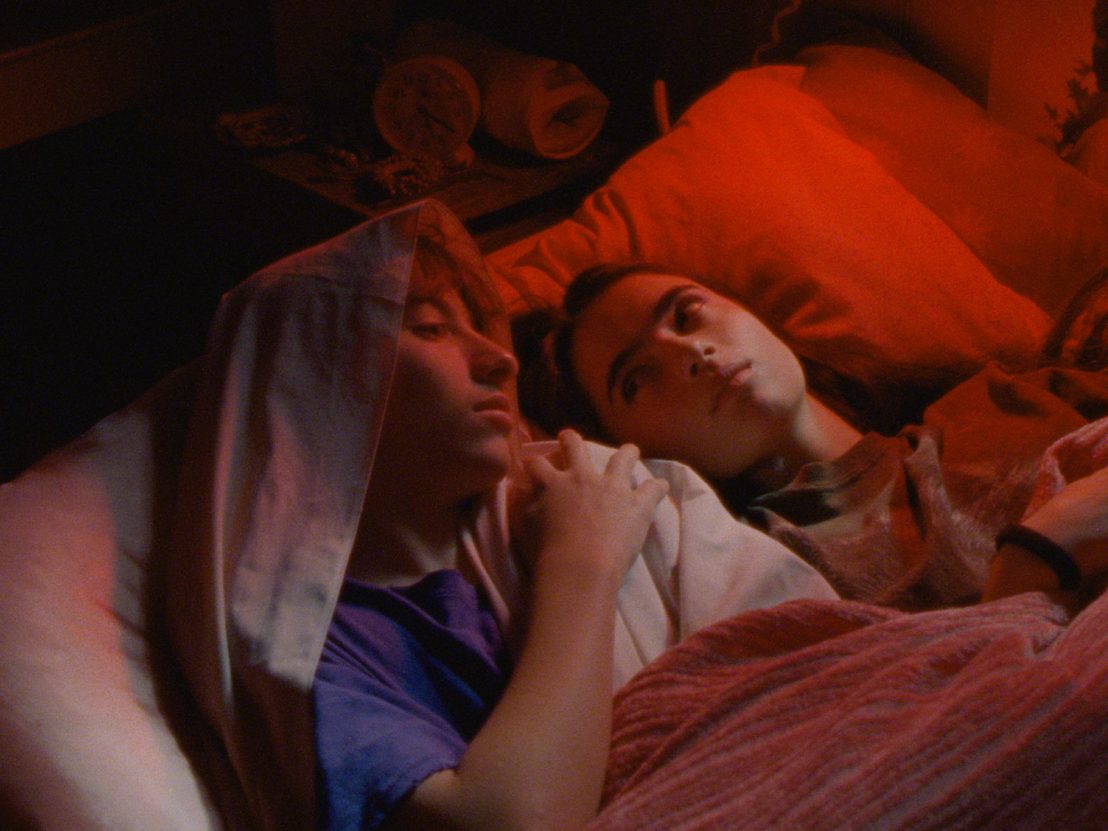
 x2
x2

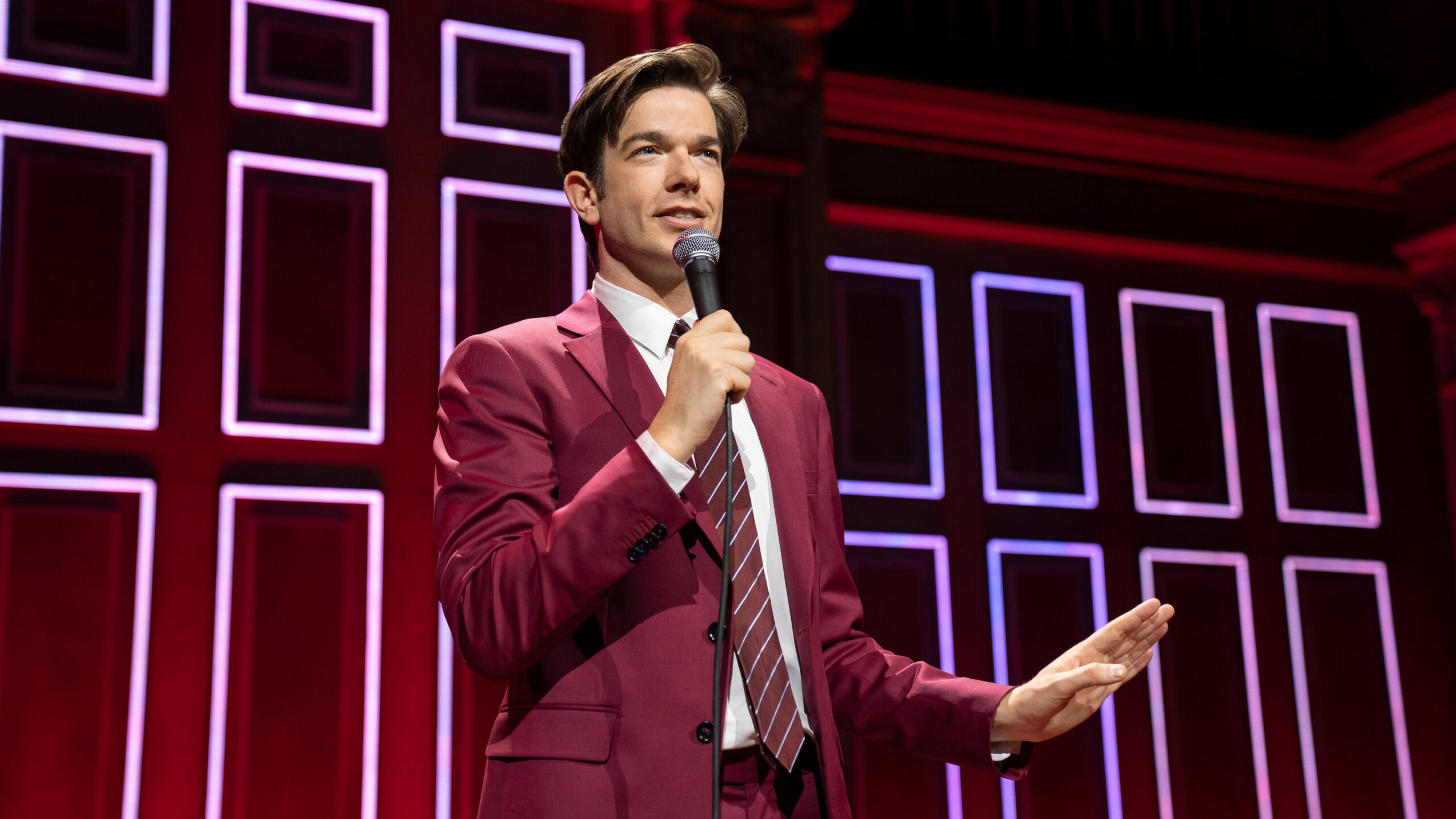

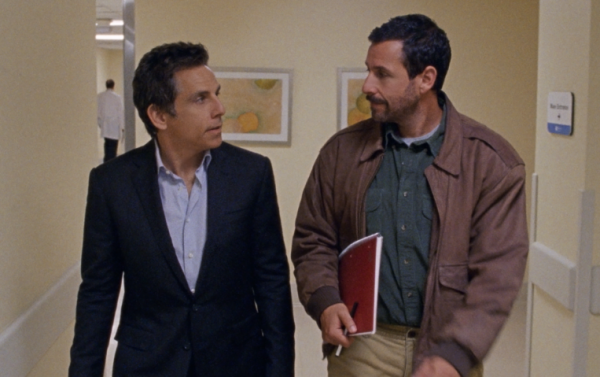
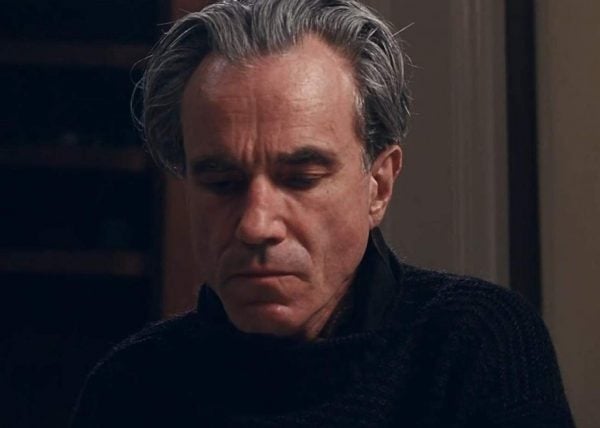
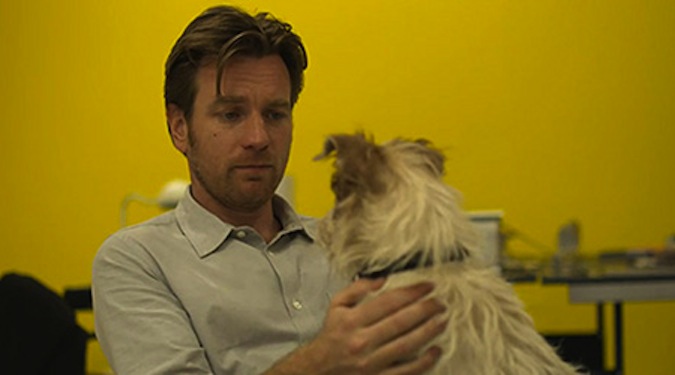
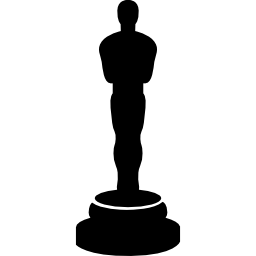 x1
x1